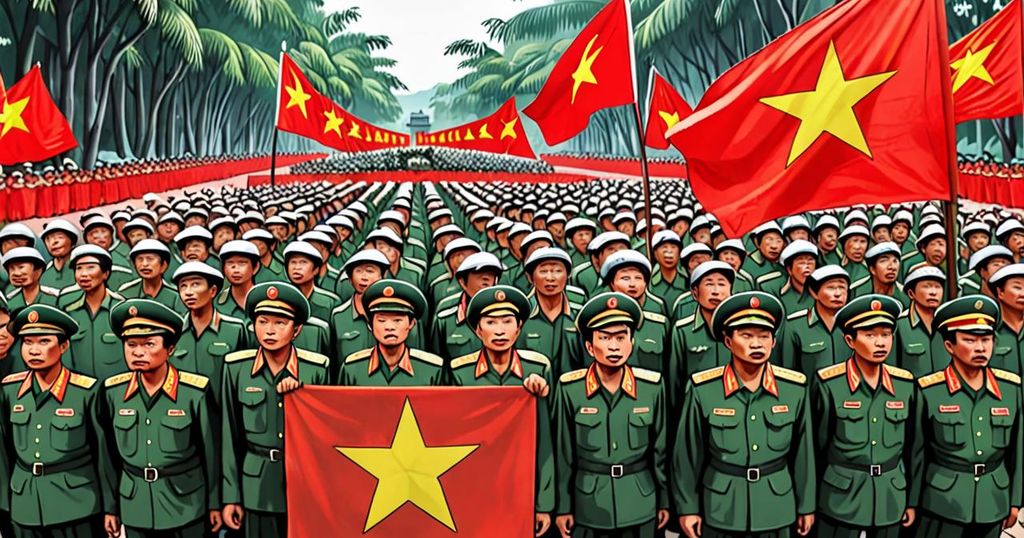Vietnam has been engaged in a rigorous campaign to combat corruption within its political and business sectors in recent years. A notable example that underscores the complex interplay of business-government collusion and power struggles is the case of Truong My Lan, chairwoman of Van Thinh Phat, a Vietnamese property developer.
Lan’s case exemplifies the entrenched nature of corruption within the country. She orchestrated the consolidation of three smaller banks into the Saigon Commercial Bank (SCB) with government assistance, despite Vietnamese law prohibiting individuals from holding more than 5% of a bank’s shares. Through fraudulent tactics, Lan obtained control of an astounding 91.5% of SCB’s shares, subsequently securing substantial loans by inflating collateral values and employing deceitful business plans.
Of equal concern is Lan’s ability to bribe her way through government audits and conceal detected wrongdoing, as officials accepted substantial bribes in exchange for their silence. While her arrest was celebrated as a significant triumph for Vietnam’s anti-corruption endeavors, it also exposed numerous flaws within the country’s political system.
Furthermore, Lan’s close connections to influential political figures in Ho Chi Minh City shed light on the collusion between business magnates and local officials, underscoring the widespread corruption deeply entrenched within the system. It is evident that the battle against corruption in Vietnam is intricate and multi-faceted, with interest groups operating within the shadows of the political and business landscape.
Additionally, the recent indictment of former political figures, including the country’s former president and chairman of the National Assembly, evidences the pervasive nature of corruption in Vietnam. These high-profile resignations underscore the government’s dedication to eliminating corruption, while also raising concerns about the effectiveness of the anti-corruption campaign.
As Vietnam grapples with the ramifications of entrenched corruption, it is clear that the country’s political stability and economic development are at risk. The ongoing struggle against corruption not only presents challenges for businesses and government officials, but also undermines public trust in the regime.
In conclusion, Vietnam’s fight against corruption is ongoing, and the complex interplay of interest groups, political power struggles, and systemic deficiencies within the country’s political system continues to present significant challenges. While there have been notable successes in the anti-corruption efforts, there is an urgent need for sustained action and comprehensive reforms to address the deep-seated issues that have afflicted Vietnam for far too long.

Leave a Reply